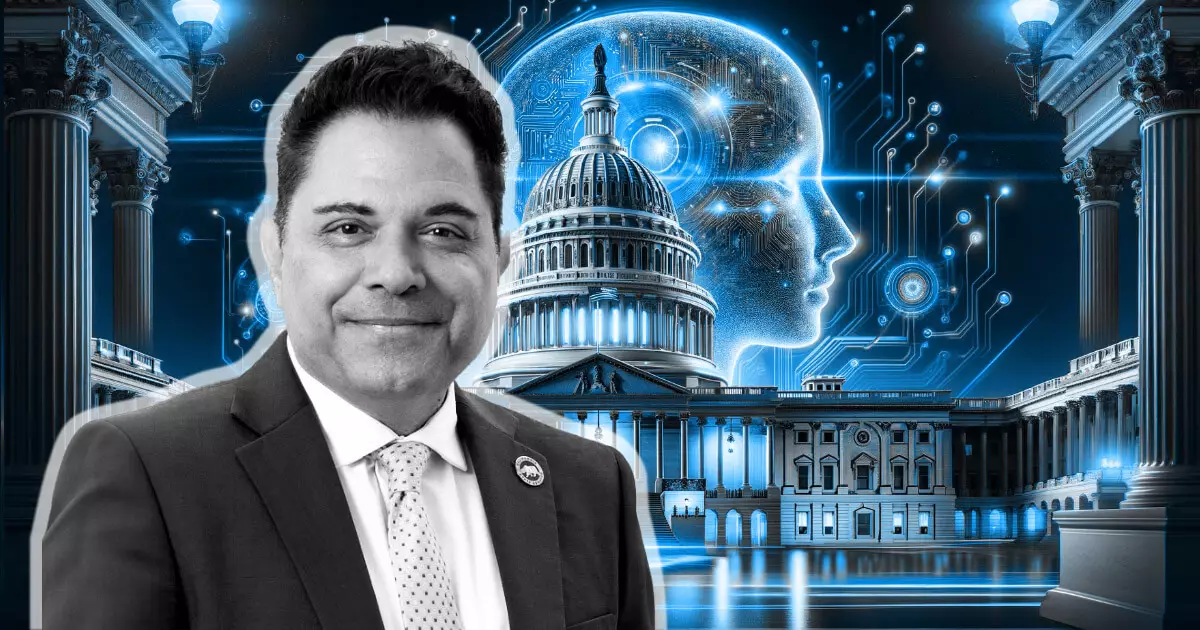California Senator Steve Padilla (D-San Diego) has recently introduced two pieces of legislation, Senate Bills 892 and 893, aimed at establishing a comprehensive and ethical framework for the use of artificial intelligence (AI) in the state. In a press release dated January 3, Senator Padilla emphasized the need for responsible regulation in order to harness the potential of AI while keeping its use in check, particularly in government contracts. This article delves into the proposed bills and examines the implications and significance of such regulations.
The Dual Nature of AI
Senator Padilla acknowledges the dual nature of AI, recognizing its promises and challenges. While AI offers numerous benefits and has the potential to be a transformative technology, its unchecked integration into various aspects of daily life can also pose significant risks. Drawing from previous lapses in tech regulation, particularly in the realm of social media, Padilla sees the need for cautionary measures in the governance of AI. He specifically highlights the importance of oversight, accountability, and restraint to prevent a similar disaster from occurring.
A Regulatory Vacuum
There is widespread agreement among legal and AI experts that a regulatory vacuum currently exists in the development and implementation of AI. Karl Manheim, a Professor Emeritus at Loyola Law School, praises Senator Padilla’s initiative, as it addresses this gap by introducing comprehensive standards and safeguards. The bills position California as a leader in AI safety and innovation, with the aim of setting a precedent for responsible AI governance.
Former National Security Advisor Robert C. O’Brien notes the need for the United States to consider public investment in AI infrastructure to maintain a competitive edge against countries like China, which have made substantial financial commitments to the AI industry. He suggests that the proposed bills will create a foundation for public funds to be directed towards AI-related infrastructure. By doing so, California can ensure its continued position as an AI innovation hub while also safeguarding privacy and addressing societal risks associated with AI technologies.
Senate Bill 892 focuses on the establishment of safety, privacy, and nondiscrimination standards for AI services provided to the state. The bill assigns the responsibility of setting these standards to the Department of Technology. As of August 1, 2025, the state will be prohibited from contracting with AI service providers who fail to meet these standards. This provision aims to protect the interests of California citizens and prevent any potential misuse or abuse of AI technology.
Senate Bill 893 aims to leverage California’s economic influence by treating AI services as a public asset. The proposed legislation aims to establish the California AI Research Hub in collaboration with academic institutions. This hub will focus on AI research, development, and deployment for the benefit of the public, while also addressing privacy concerns and mitigating societal risks. Senator Padilla views AI as a public good and emphasizes the necessity of public investments to prevent monopolistic control over its future.
Potential Global Influence
The upcoming discussion of these bills in the Senate holds immense significance as it may set a precedent for AI regulation and development not only within California but also across the United States and globally. As one of the leading proponents of AI regulation, California has the opportunity to shape the future of AI governance and establish itself as a model for responsible AI use. The successful passage of these bills will not only foster innovation within the state but also serve as an example for other jurisdictions grappling with similar challenges.
The proposed legislation by Senator Steve Padilla represents a significant step towards establishing an ethical framework for AI regulation in California. By recognizing the dual nature of AI and the risks associated with its unchecked integration, the bills aim to promote responsible AI use and safeguard public interest. California’s approach to AI regulation can potentially set an example for other states and countries, paving the way for a comprehensive and global AI governance framework.

